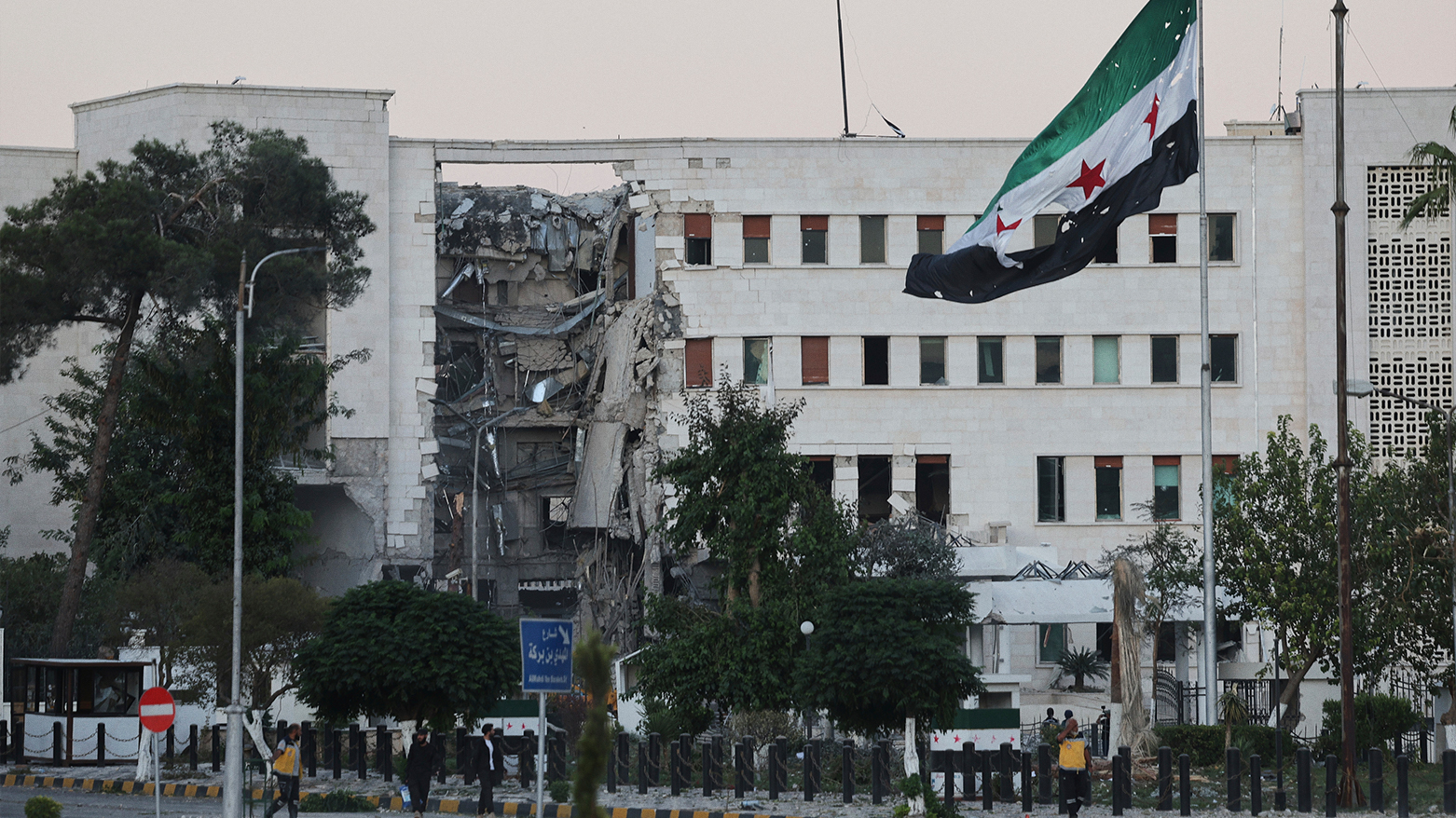Israel Defends Syria Strikes as Necessary to Stop 'Massacre' of Druze
Israel’s defense minister defends strikes on Syria as necessary to stop the ‘massacre’ of Druze, as a US envoy says Washington cannot compel Israeli action and holds Damascus accountable for the violence.

By Kamaran Aziz
ERBIL (Kurdistan 24) – Israel’s Defense Minister on Monday issued a forceful defense of recent Israeli military strikes inside Syria, declaring them the “only way” to stop a “massacre” of the Druze community, as a top US diplomat simultaneously asserted that Washington cannot compel Israeli action and placed ultimate responsibility for restoring order on the Syrian government.
The rare and direct acknowledgement of Israeli military intervention came in the immediate aftermath of a week of ferocious sectarian violence in southern Syria’s Sweida province that has reportedly claimed over 1,000 lives and drawn widespread international condemnation.
In a statement posted on the social media platform X, Israeli Defense Minister Israel Katz provided a clear justification for the attacks. “Israel's attacks on regime targets in Suweida and Damascus were the only way to stop the massacre of Druze in Syria, the brothers of our Druze brothers in Israel,” Katz wrote.
He dismissed any criticism of the military action, stating, “Those who criticize the attacks are not well-versed in the facts.” Katz framed the intervention as part of a broader, well-defined strategy. “The government's policy in Syria, including the presence of the IDF in Hermon and the security zone and the protection of the Druze, is correct and responsible, reflecting strength and mutual responsibility,” he added.
תקיפות ישראל נגד יעדי משטר בסווידא ובדמשק היו הדרך היחידה להפסקת הטבח בדרוזים בסוריה, אחיהם של אחינו הדרוזים בישראל.
— ישראל כ”ץ Israel Katz (@Israel_katz) July 21, 2025
מי שמותח ביקורת על התקיפות לא מתמצא בעובדות.
מדיניות הממשלה בסוריה, כולל הימצאות צה"ל בחרמון ובאזור הביטחון והגנה על הדרוזים - נכונה ואחראית ומשקפת עוצמה וערבות…
Katz’s remarks were made against a diplomatic backdrop shaped by comments from US Special Envoy for Syria, Ambassador Tom Barrack. Speaking at a news conference in Beirut on Monday, Barrack clearly defined the limits of American influence over its ally. "Well, we can't compel Israel to do anything, can we?" he stated. "The U.S. has no business in trying to compel Israel to do anything."
Instead, Barrack described the US role as one centered on influence rather than coercion, and placed the burden of resolving the crisis on Damascus. The envoy described the recent violence as a “horrible set of events” and declared that Syria’s “new government must be ‘held accountable’ for restoring order while simultaneously being given the responsibility to govern.”
The US, Barrack said, has reacted to the events in Syria with "unbelievable concern, pain, empathy, aid." He noted the unique challenges facing a new government that has only "been in existence for seven months" and is trying to manage a complex situation inherited from "15 years of atrocities." In such an environment, he explained, people naturally "resort to their tribe," a dynamic that resulted in the "unthinkable" violence.
These high-level statements come in the direct aftermath of a catastrophic series of clashes in the Druze-majority province of Sweida. According to the UK-based Syrian Observatory for Human Rights (SOHR), the week of violence involving Druze fighters, Bedouin tribes, government forces, and Israeli airstrikes has left more than 1,000 people dead.
The war monitor’s casualty figures paint a grim picture, with the dead including 427 Druze fighters and 298 Druze civilians. In a harrowing detail that lends context to Katz’s “massacre” claim, SOHR reported that 194 of these civilians were allegedly executed by personnel from the Syrian Ministries of Defense and Interior. Government forces also suffered heavy losses, with 354 members killed in the clashes. The Observatory added that an additional 15 government soldiers were killed in the Israeli airstrikes.
In a stated effort to de-escalate, the Syrian government announced a ceasefire last Saturday and, according to the state-run SANA news agency, has since sent buses to transport hundreds of Bedouin people from the province. A Syrian security official, Ahmad Dalati, confirmed the government’s commitment to "restoring security and stability."
However, local trust in Damascus remains severely fractured. The Druze spiritual leadership issued a statement demanding the immediate withdrawal of all Damascus-affiliated forces from the Sweida region, citing the "horrific massacres" committed against innocent civilians. This deep-seated mistrust has been echoed by international figures like US Congressman Abraham J. Hamadeh, who called on the Syrian government to "turn their words into real actions" to protect all its citizens.
The crisis in Sweida is seen by many observers as symptomatic of broader sectarian rifts in Syria, occurring as the Syrian Presidency reviews a report on another wave of deadly violence that took place in the country’s coastal region in March. As a fragile ceasefire holds in the south, Israel has now made its position clear: it is willing to act unilaterally when it believes its security interests and responsibilities are at stake.
